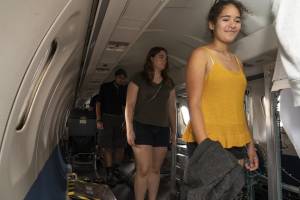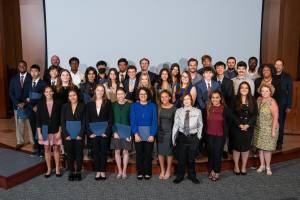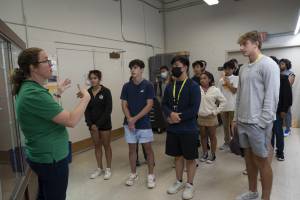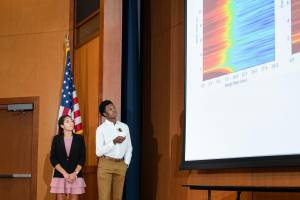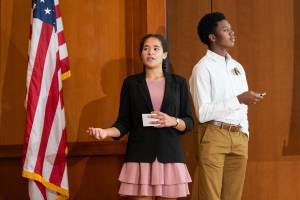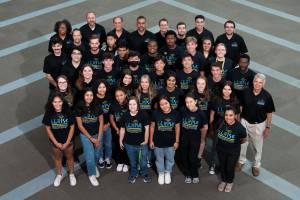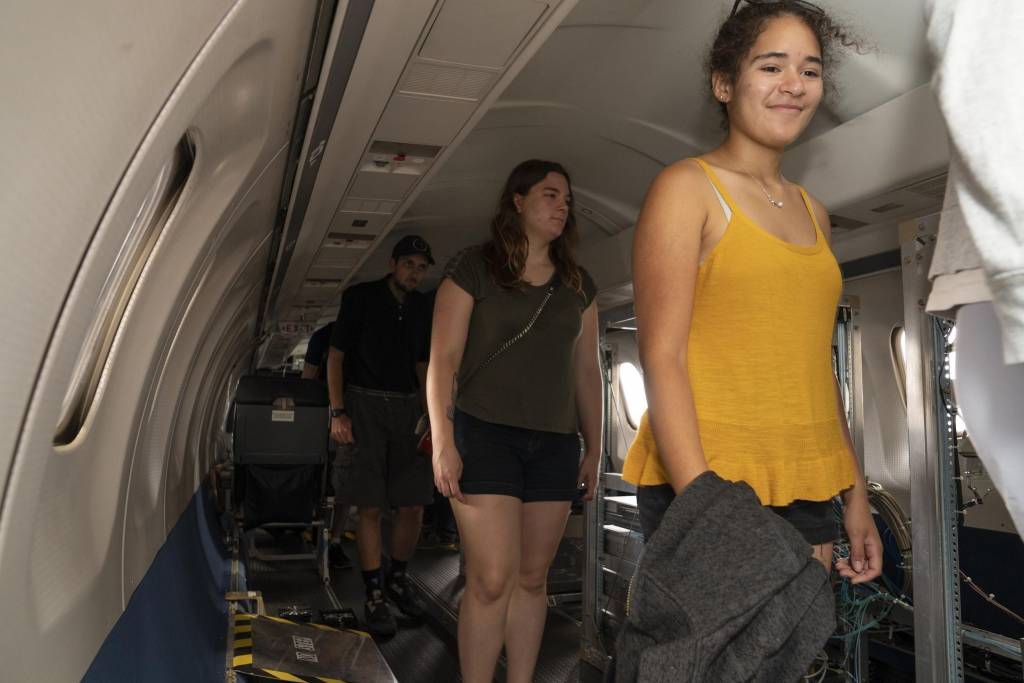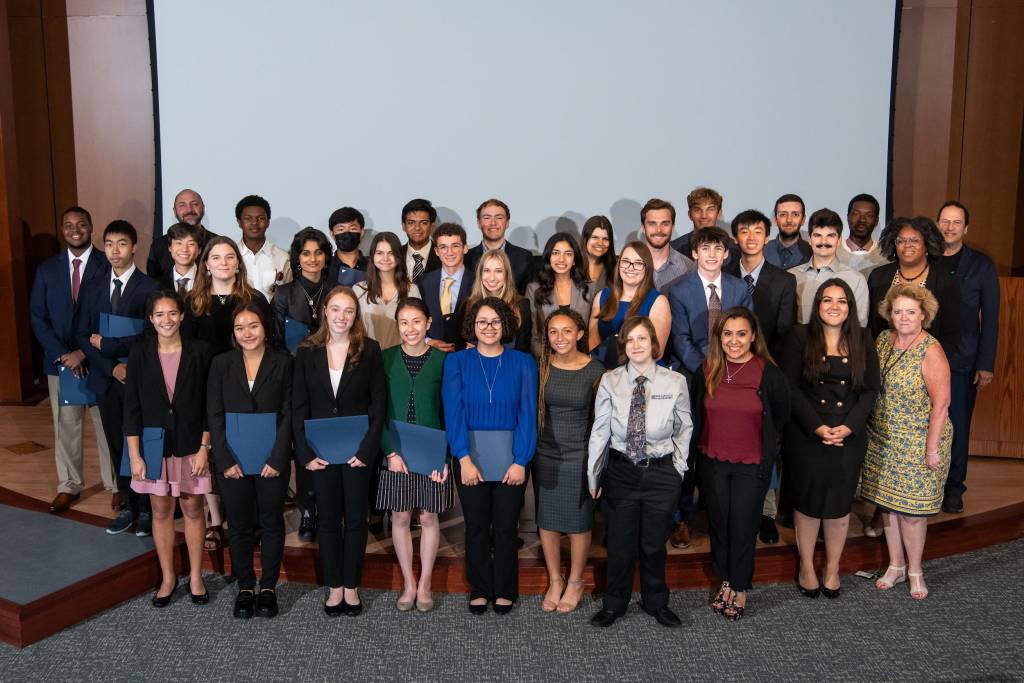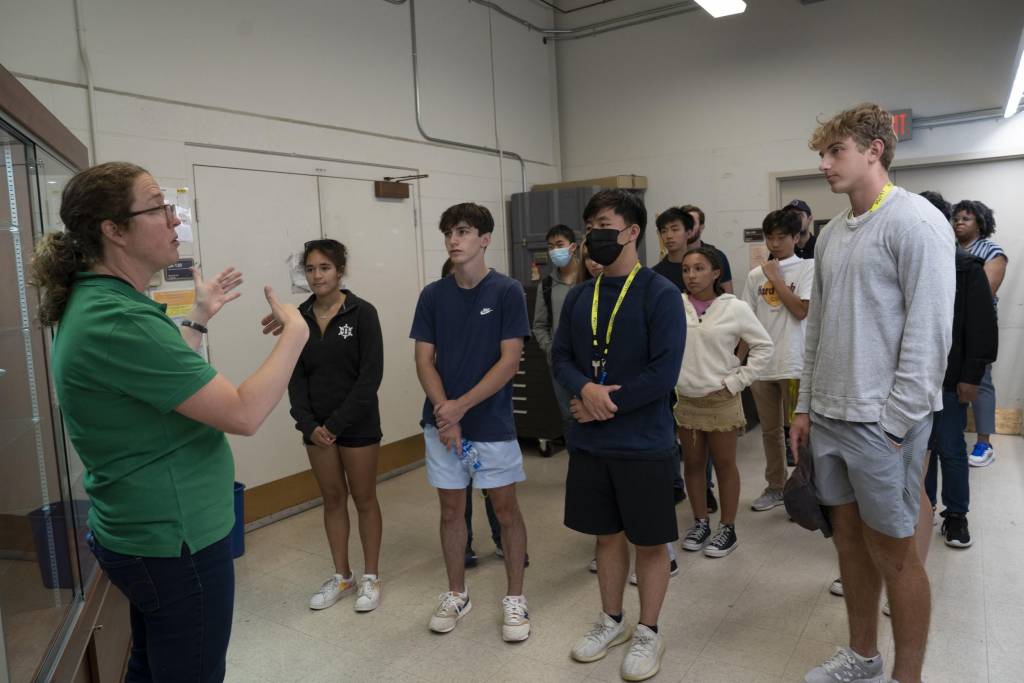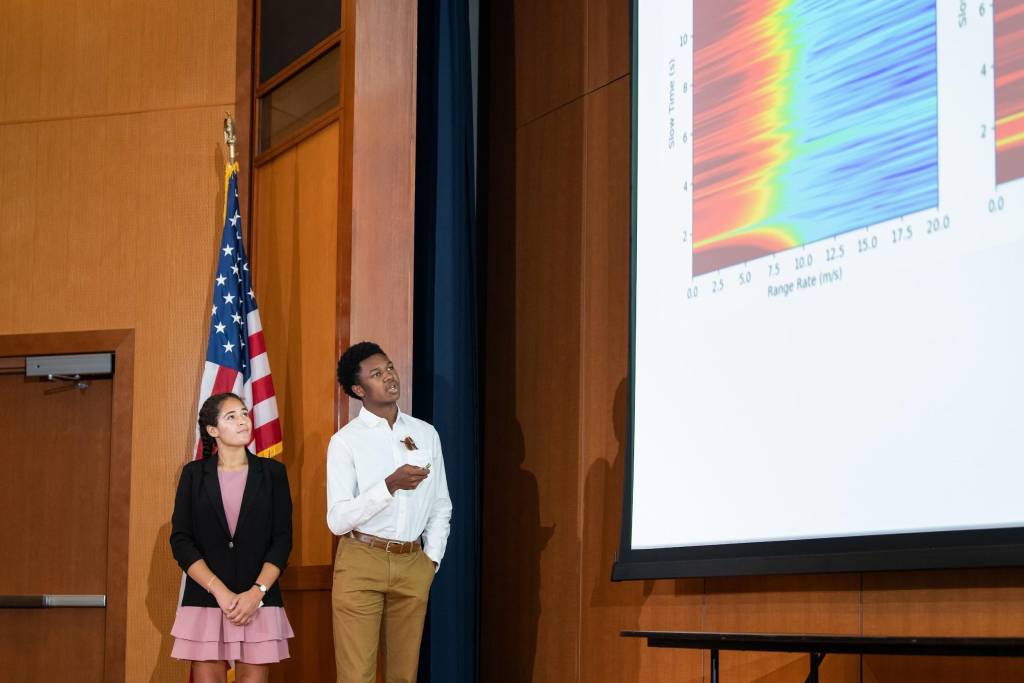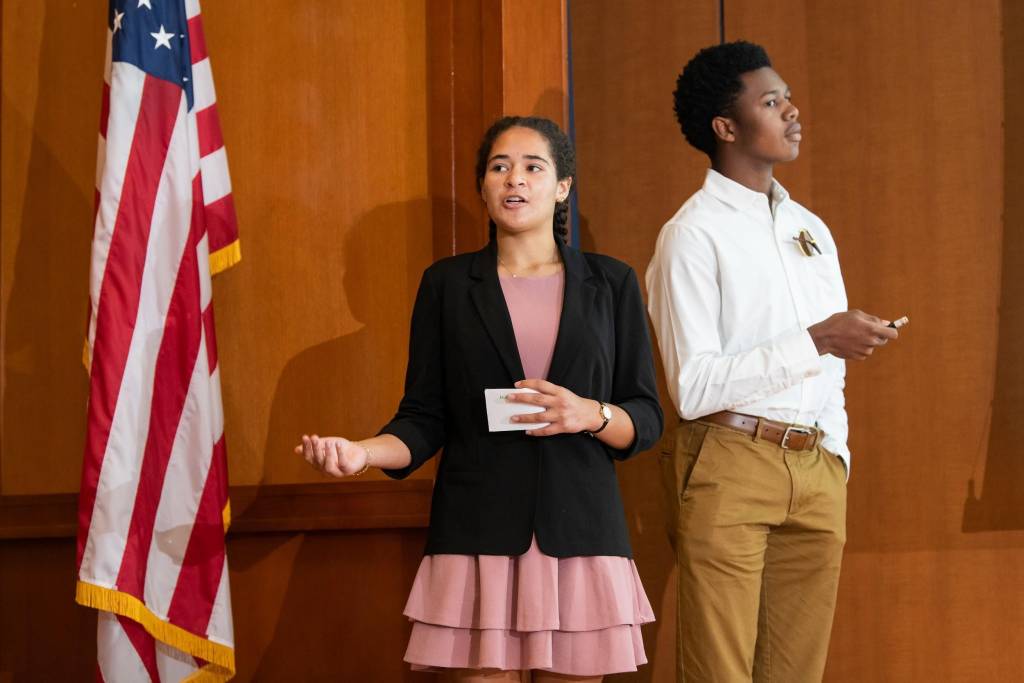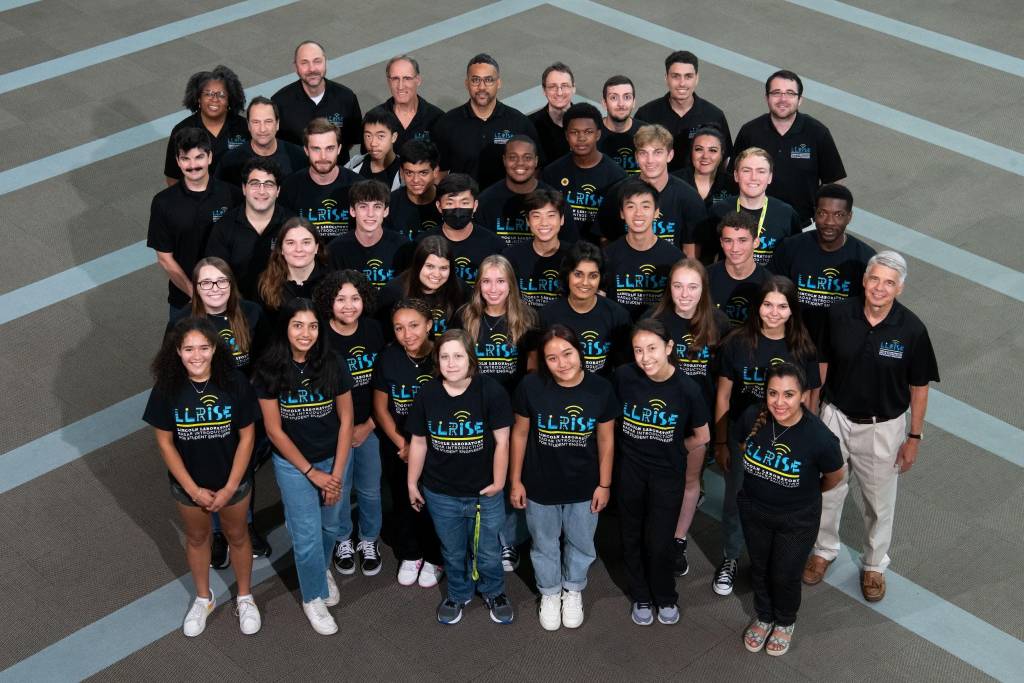This summer I’ve been exploring my career opportunities in engineering. From June 28th to July 16th I was able to attend MIT LLRISE where I learned about engineering and built radars. This program allowed me to shadow a wide variety of engineers at the MIT Lincoln Laboratory, learn about coding and radars, and build my own radar. To culminate this experience my two team members and I gave a presentation about a radar we built and its application to an audience including professors, engineers, and other professionals. I was able to gain an insight into what an engineering job would look like and I realized that biomedical engineering would be the best fit for me due to my interest in medicine, engineering, and design. I was able to speak with engineers talking about the pros and cons in their field and any advice they had for me. A piece of advice that has stood out to me was a mechanical engineer at Lincoln Laboratory advising me to continue growing my English, writing, and public speaking skills even if I’m a STEM major, because once in the engineering field being able to express your ideas clearly is important and a skill not all engineers have.
Since my last grant update, I have spoken with Mr. Powers, an optical engineer who now works in patent law, and Carolyn Purington, a biomedical engineer. Mr. Powers talked to me about how engineering has changed since he was in college, opportunities engineers have to continue their education, and his experience with engineering. It was interesting to hear how he felt that engineering had become more innovative and creative since his college years and was encouraging to me. He talked about how many engineers now have the ability to showcase their ideas in shark tank-like platforms that some colleges have. A piece of advice he gave me that stood out was to take business or economic classes in college because having the knowledge and vocabulary was helpful for him once in an engineering job.
Carolyn Purington spoke to me about her experience with research, being a biomedical engineer, and working abroad. I was really excited to meet with her because I am leaning towards the field she specializes in and hope to work and/ or study abroad in the future. I learned what working as a biomedical engineer would be like, the different kinds of research internships there are, and about working abroad as a biomedical engineer. It was encouraging to hear how Carolyn had a lot of team work in her job, you’re able to work hands on as a biomedical engineer, and how she had many rewarding experiences as an engineer both abroad and in the country.
I finished my Physics class at Quincy college which helped give me a better background in physics since many of the engineers I met with said that Physics was important for college. I am extremely grateful for the women’s initiative grant because it helped me learn what field of engineering I want to go into, allowed me to learn more about what a career in engineering would look like, and if it is for me. I have gotten a lot of advice from the people I met with and memorable experiences.
-Stella Kerwin Derrick ’23
